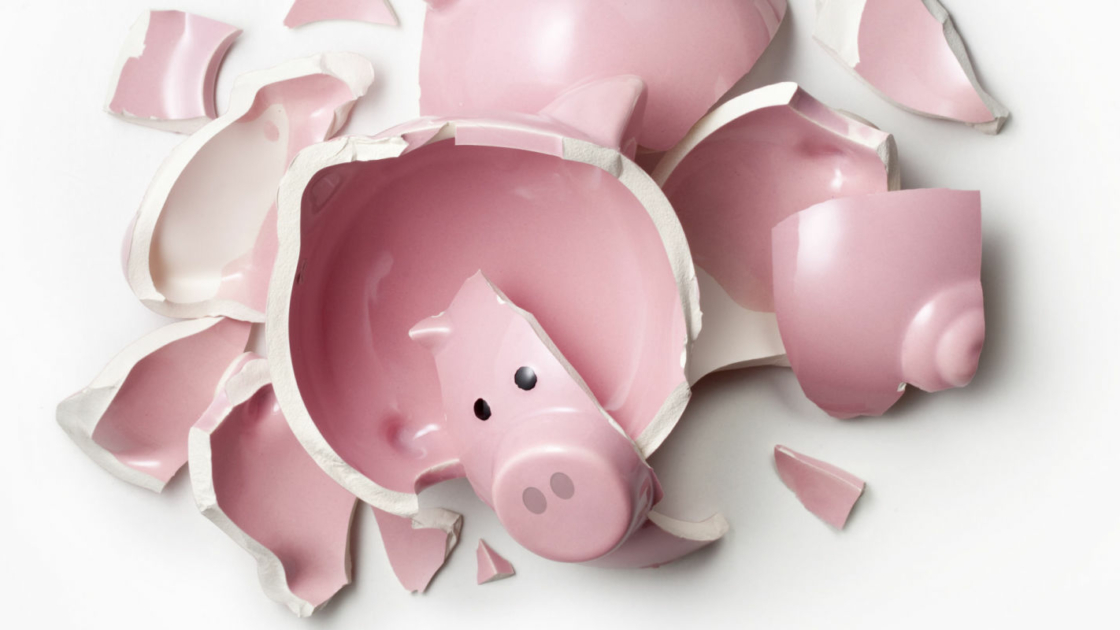
If you’re considering filing bankruptcy, you’re not alone. Millions of people consider bankruptcy everyday as a solution for their debt. Understanding bankruptcy, as well as the other options available to you, is the best thing you can do to be sure you’re making the best choice. This article will answer many of the questions you’ve previously had about bankruptcy.
If you know bankruptcy is the best route for you, don’t put off filing. Delaying your bankruptcy, worsens your situation by allowing your debt to increase. Filing for bankruptcy right away will allow you to get some relief from your debt as quickly as possible. Don’t let fear of losing your job keep you from filing bankruptcy. Note that it’s against the law for an employer to terminate your employment because you’ve filed bankruptcy.
There are two types of bankruptcy for consumers: Chapter 7 bankruptcy and Chapter 13 bankruptcy. With a Chapter 7 bankruptcy your debts are completely discharged. You may qualify for Chapter 7 bankruptcy if you don’t make enough money to pay for your debts. Chapter 13 bankruptcy, on the other hand, puts you on a repayment plan to pay all or some of your debts over a 3 to 5 year repayment period. Any debt left after the repayment period is discharged.
Preparing to File Bankruptcy
You’ll need detailed financial records when you file bankruptcy. Spend some time pulling all bank statements, debt statements, and other financial documents so the bankruptcy process will go smoother. You should also include proof of your income, titles for any vehicles in your name, and documentation related to lawsuits pending against you.
Research as much as you can about bankruptcy. You can find articles on the internet or borrow books from the library. The more informed you are, the more you can be sure you’re making the best decision for you.
Stop making payments on any debts that you’re going to include in bankruptcy – but be absolutely sure you’re going to file bankruptcy before you do this. If you expect that debts will be discharged in bankruptcy, it’s not in your best interest to keep making payments on these debts. You can, instead, use that money for your other expenses or put it away in case the court determines you’re liable for any of the debts.
Related: 7 Ways Declaring Bankruptcy Affects Your Credit Score
Hire an Attorney For Your Bankruptcy
You’re not legally required to hire an attorney for your bankruptcy, but because of the complexity of the bankruptcy law, it’s in your best interest to do so. An experienced attorney knows all the right paperwork to file, can help win your case, and can answer whatever questions you have about the bankruptcy process.
The best way to choose a bankruptcy attorney is to find one that is a member of The National Association of Consumer Bankruptcy Attorneys, or NACBA. This is a well-respected bankruptcy organization that requires members to uphold quality standards. Attorneys chosen from this organization are more likely to give you the best legal advice and representation in your bankruptcy case.
Even if you’ve hired a reputable bankruptcy attorney, you still need to be aware of what’s going on your case and ensure your attorney represents you well. Speak to your attorney about your concerns, information that may have been left out, or issues that may be overlooked. Remember, this bankruptcy affects your future, so it’s important that you make sure it’s handled properly.
What Not to Do Before Filing for Chapter 11
While you’re seeking bankruptcy to get of your debts, don’t make the mistake of running up a bunch of debt prior to filing bankruptcy. Courts do not look favorably on this behavior and may dismiss your bankruptcy case. Many times they will require you to pay the balances in full.
Don’t try to hide income or assets from the court. The courts are better than you think at discovering hidden assets. If you’re caught, your case will likely be dismissed and you’ll have to deal with your debts another way. In some cases, you may be unable to file bankruptcy at any point in the future.
Rebuilding Your Credit After Bankruptcy
Bankruptcy doesn’t ruin your credit for the next 10 years. Certain types of bankruptcy do remain on your credit record for that amount of time. You can begin to re-establish your credit history within a few months after your bankruptcy is complete.
Solid information and reliable advice are the best tools to help you prepare for bankruptcy. Being prepared to do what’s necessary to secure your financial future isn’t always the easiest. But once you’re back on track, you’ll see the work and sacrifice was worth it.